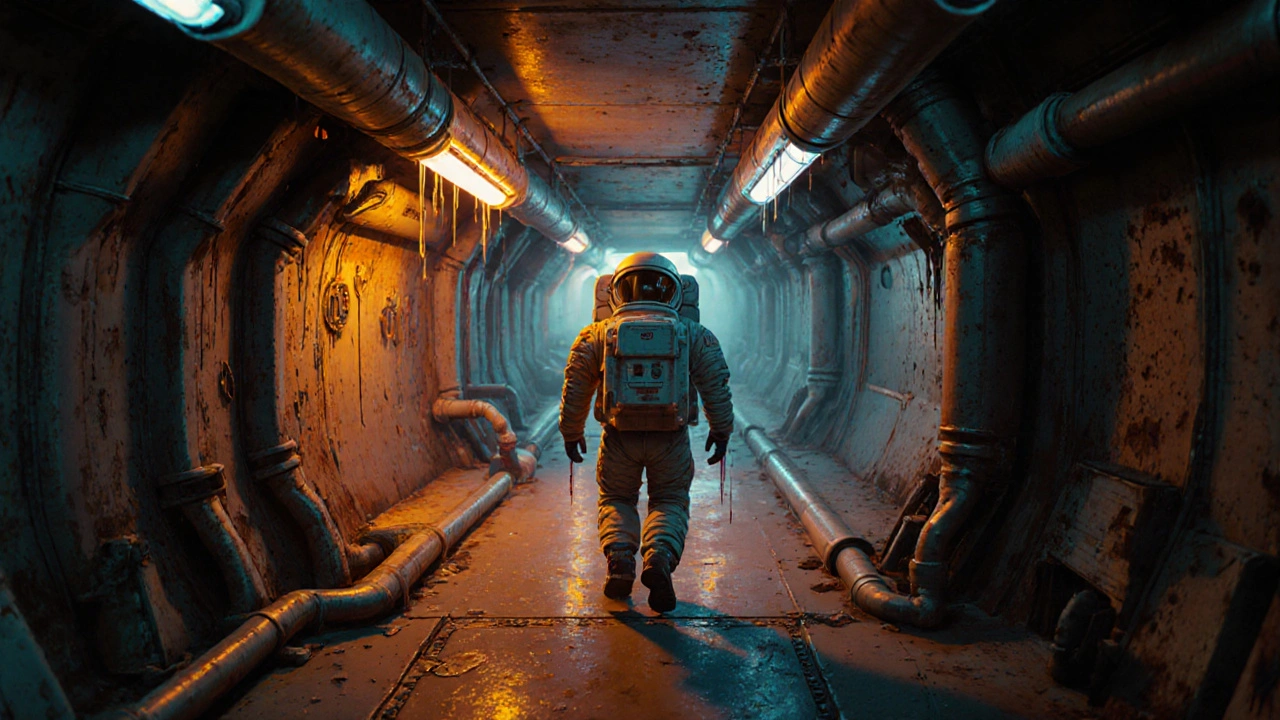Ridley Scott: Master of Visual Storytelling in Film
When you think of Ridley Scott, a British filmmaker known for crafting visually stunning, emotionally grounded narratives that redefine genre cinema. Also known as the architect of modern sci-fi and historical epics, he doesn’t just direct films—he builds worlds that stick with you long after the credits roll. His work isn’t just about what happens on screen—it’s about how it looks, feels, and haunts you. From the rain-slicked streets of Blade Runner, a neo-noir sci-fi masterpiece that redefined cyberpunk aesthetics and existential storytelling to the sun-baked battlefields of Gladiator, a historical epic that brought raw physicality and emotional weight back to ancient Rome, Scott’s films are built on texture, tone, and tension.
He doesn’t rely on dialogue to carry his stories. Instead, he uses lighting, camera movement, and production design to tell you everything you need to know. In Alien, the first film that turned space horror into a claustrophobic nightmare of corporate greed and biological dread, the ship itself is a character—cold, metallic, and alive with unseen threat. That’s the Scott signature: atmosphere as narrative. He’s the director who made audiences feel the weight of a spacesuit, the chill of a derelict alien vessel, and the grit under a Roman sandal. His films often explore power, isolation, and survival—not through monologues, but through silence, shadows, and scale.
What makes Ridley Scott different isn’t just his style—it’s his range. He jumps from intimate character studies like The Last Duel to sprawling, effects-heavy epics like Kingdom of Heaven without losing his voice. He’s influenced a generation of filmmakers who chase that same visual authority—directors who know that a single frame can carry more meaning than ten pages of script. You’ll find his fingerprints all over modern cinema: the gritty realism in Mad Max: Fury Road, the slow-burn dread of Arrival, even the sleek corporate dread of Black Mirror. He didn’t just make great movies—he set the standard for how they should look and feel.
Below, you’ll find posts that dig into the craft behind his work—the way he uses sound to build dread, how he casts actors to carry silent emotion, and why his films still feel urgent decades later. Whether you’re a fan of his sci-fi, his historical dramas, or just the way he frames a shot, there’s something here for you.
Ridley Scott’s films aren’t just stories - they’re immersive worlds built with practical sets, real light, and obsessive detail. From Alien to Napoleon, his design mastery redefined cinema.
View More

